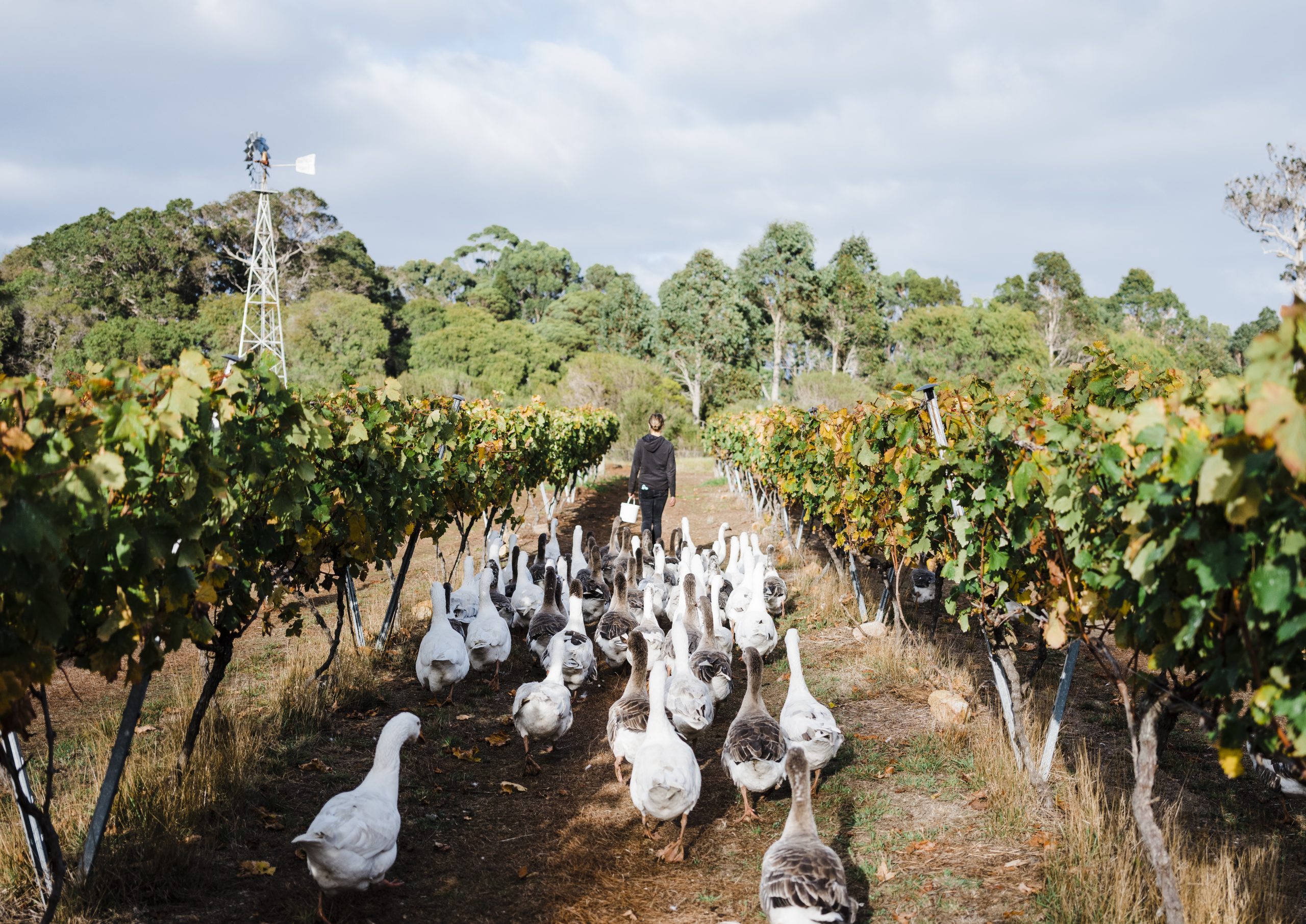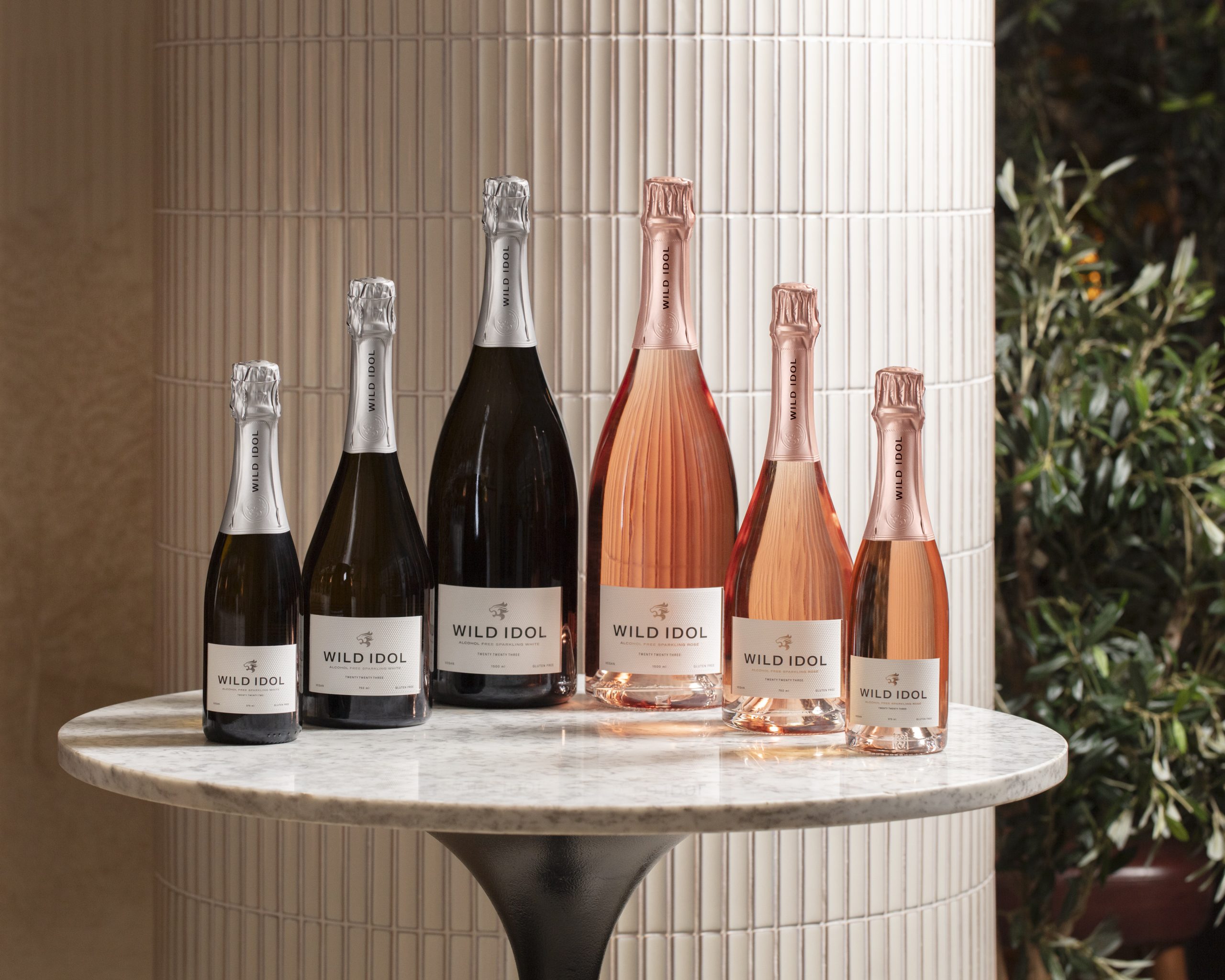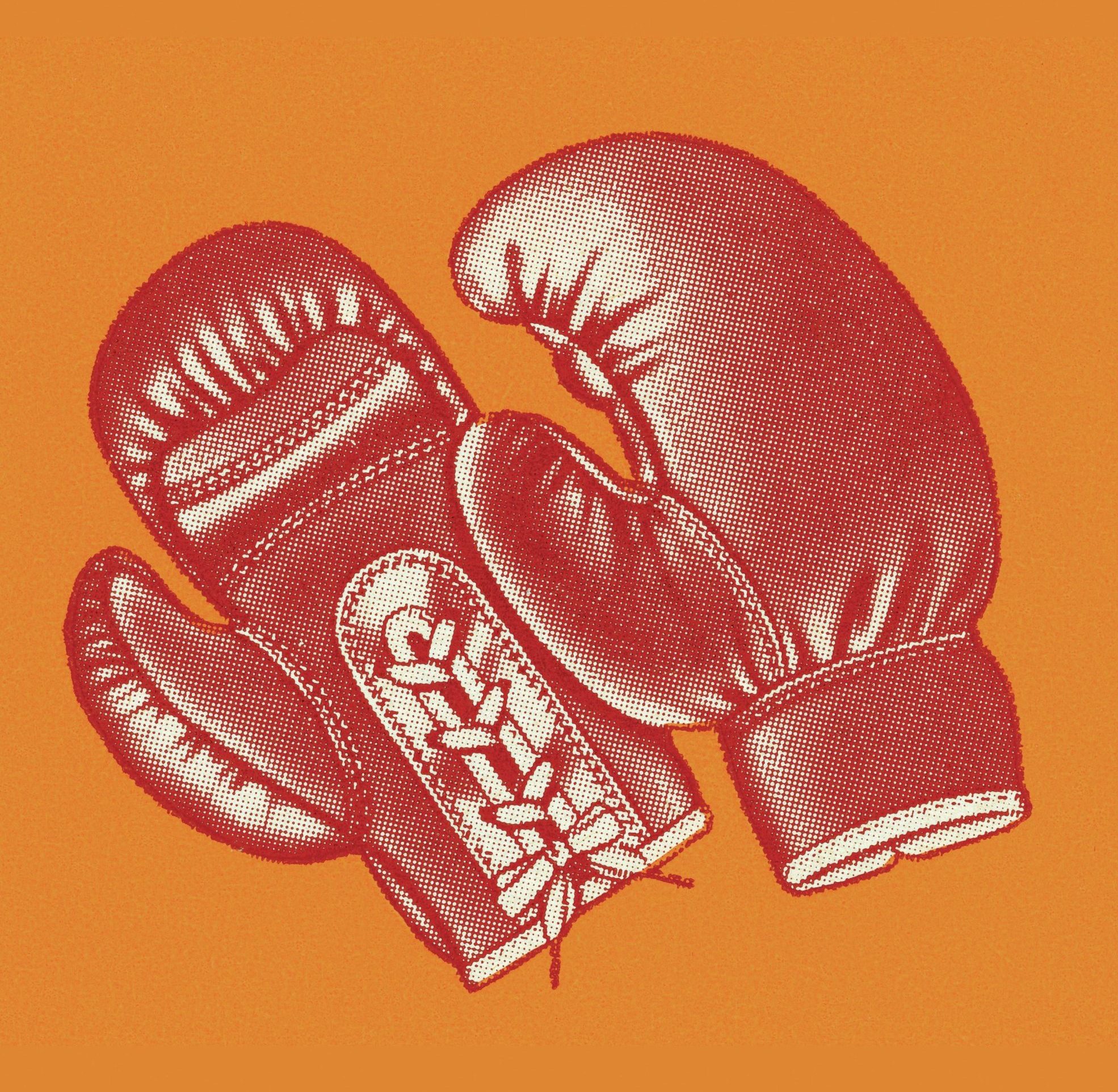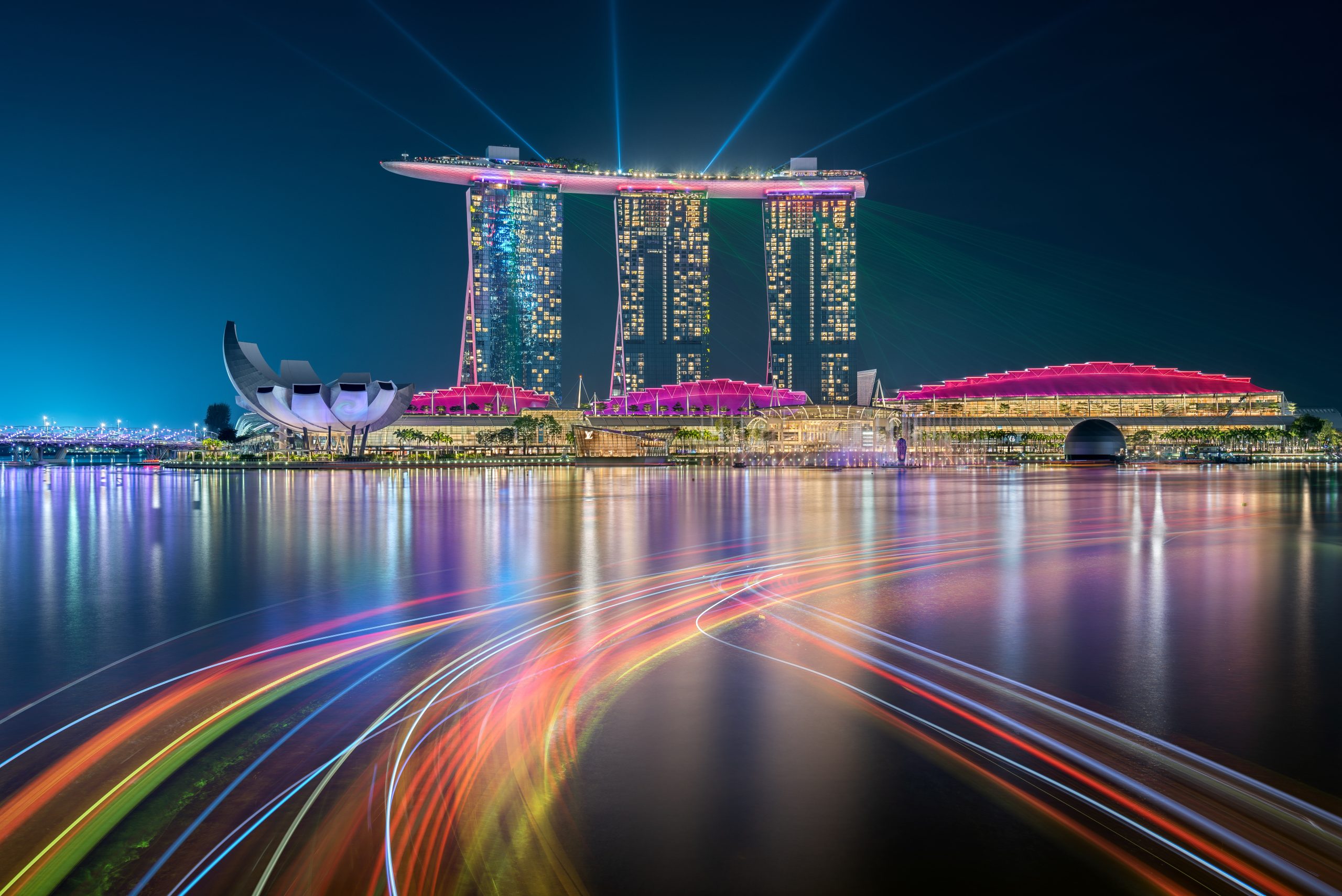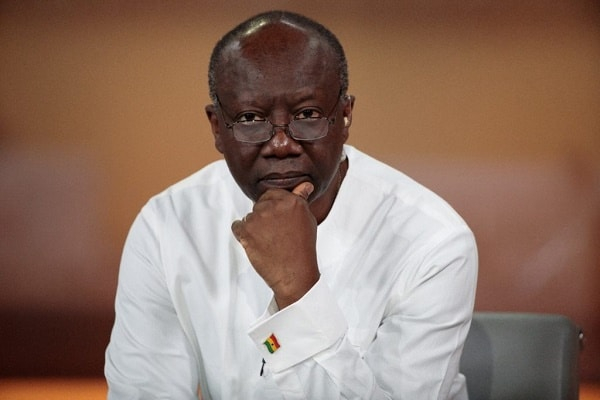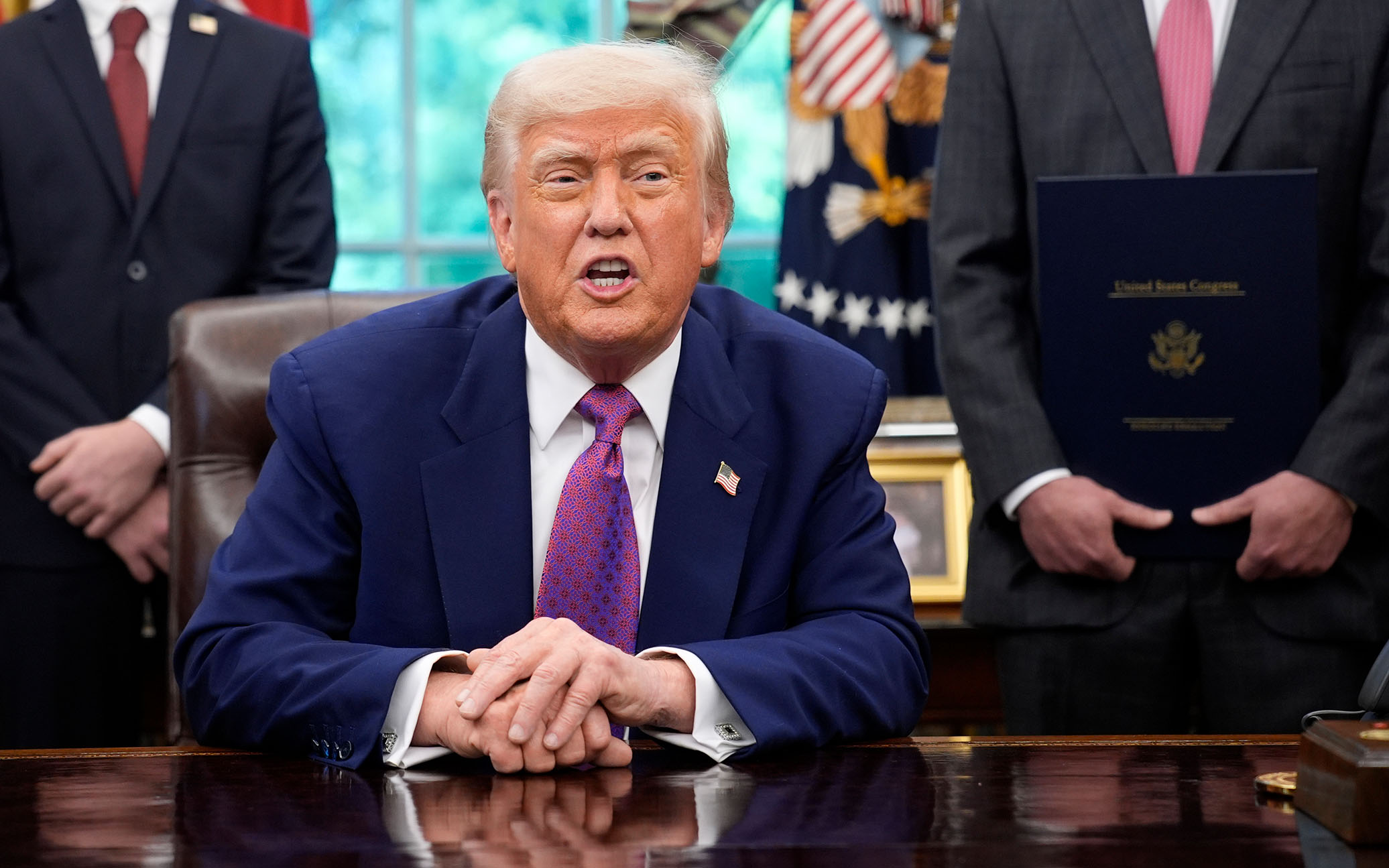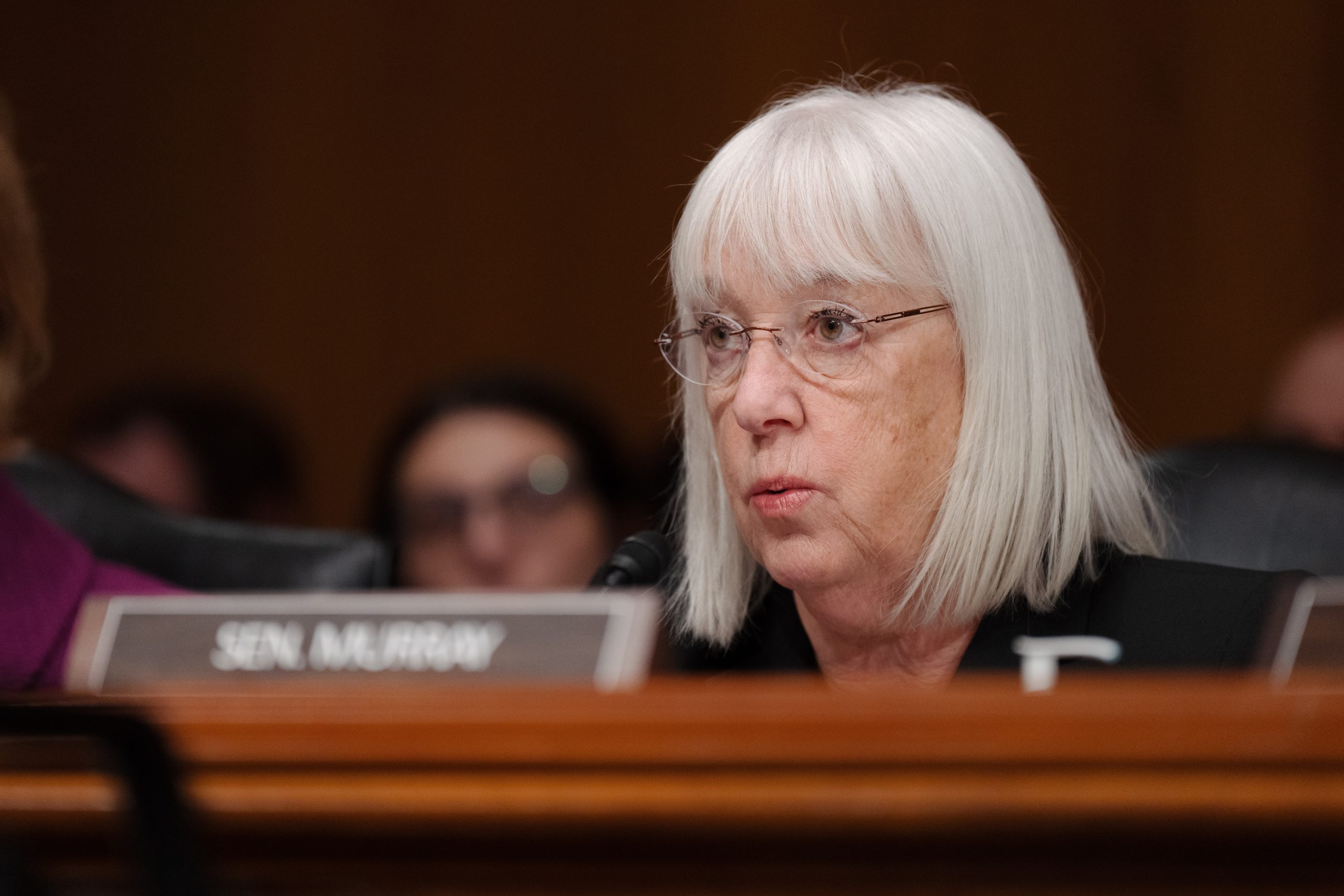The reason craft brewers are becoming THC drinks producers
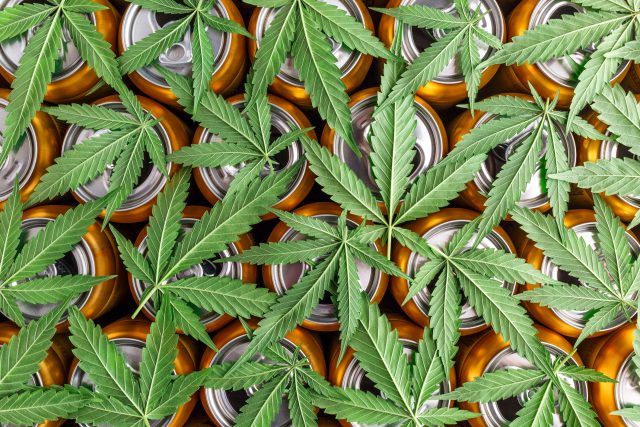
The old adage ‘if you can’t beat them, join them’ has never been more apt than now. While craft brewers have always been quick to adapt to the shifting tastes of its customers, not so many have been keen to straddle categories.
While some went so far as to put out their own line of seltzers and hop waters, others have eyed the psychoactive drinks category with little more than interest. But now, in the US, owing to a regulatory loophole created by Congress seven years ago THC infused drinks are being sold legally in stores and online. The fight for retail listings has become a reality. To combat this, brewers are eyeing the category with keen awareness, admittedly assessing where they can win on brand over total newcomers. Could this is now the era of brewer turned THC beverage producer? According to sources, “it could be likely”.
For brewing businesses looking beyond beer, there is still the need to navigate the new regulations and legality queries, but already having taprooms can be seen as a major plus point. However, db recently offered a guide on how THC drinks brands could go mainstream which drew inspiration from pioneers in other categories who have successfully carved a path from niche to mainstream.
Naturally, year-on-year declines in beer sales and the fact that Gen Z is not drinking quite so readily as previous generations have also played a part. Added to this, THC drinks are often lower in calories and sugar than their alcoholic competitors which plays into current wellness trends. Plus, most are understood to not produce hangovers either. Win, win.
The way the two categories have crossed paths however has been brewing for some time. In the summer of 2023, AB InBev agreed to sell eight beer and drinks brands from its portfolio to the cannabis company Tilray Brands, Inc. That move in itself showed a certain amount of category-blurring being readied among the beer elite.
The boom in THC drinks dates to the 2018 Federal Farm Bill, which according to reports, was primarily set to cover farming and food aid but also legalised hemp. At the time this was defined as cannabis with under 0.3% Delta-9 THC. Essentially, a loophole. Owing to this threshold being identified, it then meant that companies could extract and concentrate THC from hemp in ways that still complied with the federal law.
At present, 24 US states explicitly allow certain hemp THC drinks, as long as they’re not synthesised, 10 states have strict potency caps, and 11 states have banned them altogether. But still the loophole exists.
Now, closing the loophole in next Farm Bill could still happen since the 2018 bill expires at the end of September although any change to hemp’s legal status would need brand new legislation to make that happen.
According to drinks analyst Kenneth Shea, sales of hemp-derived THC drinks already outpace those of marijuana-derived ones and the category is forecast to soar tenfold from 2024 to reach US$5 billion by 2028.
In the US, strictly regulated cannabis drinks derived from marijuana plants had been around for a while, but never took off, just like seltzers in the UK. But now that hemp-based drinks are federally legal in the US, consumers can find them in all kinds of shops, often on the shelves beside beer. And, according to the analysts, that shift is happening faster than regulators can keep up.
Examples of brewers moving to THC drinks include the likes of breweries like Atlanta-based New Realm Brewing Co which released Higher Realm and Liquid Weed THC-infused seltzers just a few months ago.
In a deep dive interview via Bloomberg, New Realm brewmaster and co-founder Mitch Steele recently explained the reasoning behind it and said: “We thought long and hard about whether this was appropriate for us and our business. We’re a brewing company, primarily, but we wanted to provide an alternative to guests that aren’t alcohol drinkers.”
Liquid Weed and Higher Realm are each available in 2 mg and 5mg doses of THC in both Blueberry and Orange Crush flavours. According to Steele, the US$18 four-packs of 12oz. cans of both are selling l out of five of his taprooms at prices that are higher than his regular beers, priced at US$11 and US$14 respectively.
Whether craft brewers choose to compete with the category or join it has become something of a personal choice or a business one.
Speaking on the topic of this conundrum, Brewers Association president and CEO Bart Watson insisted: “Even if THC’s not a competitor for the same occasions, it’s a competitor for physical space. Some brewers are philosophically opposed to it, but even some of those who are making them consider it a threat, which is why they’re doing it.”
db also spoke to Boston Beer’s head of cannabis Paul Weaver who assured that “alcohol and THC can co-exist happily”. Plus, during a Q4 earnings call a few months ago, Boston Beer founder Jim Koch additionally highlighted how things stood with THC drinks as competitors and said that “it’s too early to see an impact on beer consumption, but it’s a much bigger threat than weed was. You’ve got it in Total Wine, you’ve got it in liquor stores. It’s there next to beer, and that’s the first time that’s happened.”
However, not all THC drinks producers want to work in symbiosis with beer. For many, this is dog-eat-dog and some even want to go so far as to consign alcohol to history.
Meanwhile, US craft brewers still face a dilemma. Granted, they already own their brewing equipment and the packaging, transitioning to THC drinks is not such a difficult on once the regulatory side has been navigated, but the quandary has become something more aligned to their individual ethical stance on the category.
Field Day Brewery co-owner Alec Travis told reporters: “I’ve talked to people who are against it ideologically. They say: ‘The business man in me tells me I’m an idiot, it’s taking off.’ But it’s just their personal feeling with cannabis. They don’t believe in it.”
At Field Day Brewery, Travis and his team launched Day Dreamer Cannabis Sparkling Water as a separate brand last year. With four-packs priced from US$14.99 to US$24.99, depending on THC infusion levels, he admitted that sales have assisted the business see its brands being sold throughout Iowa in more than 100-Fareway Grocery stores.
Now, the brewery’s Day Dreamer brand is introducing new flavours to to join its current 2mg THC flavours Lemon Ginger, Strawberry Citrus and its 4mg Blueberry Lavender flavour.
Travis explained: “We saw this as a way to reach new markets but also to bring them into our space and educate them about our beer.”
Why everyone’s visiting Prague right now
